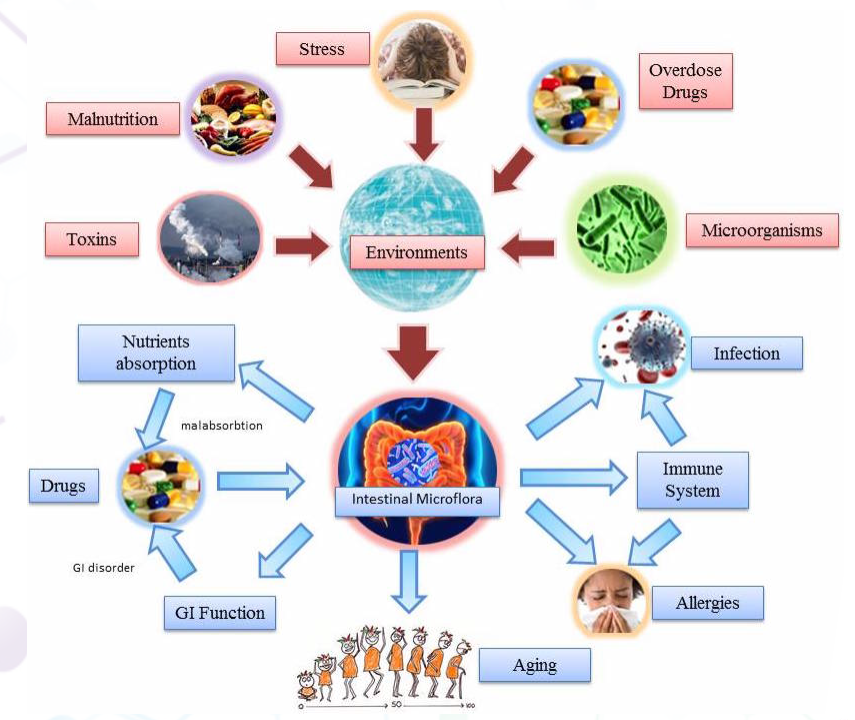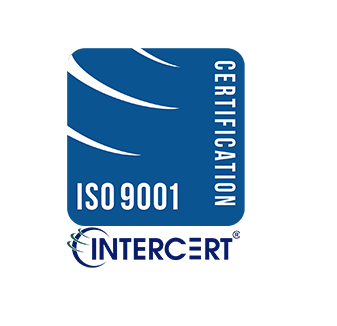
The gastrointestinal tract (GI) is one of the largest interfaces between the outside world and the human internal environment. In the GI, food are digested and absorbed via mucosal membrane. In our gut represents the highest complexity ecosystem called gut microflora.
However, some species of microorganism, pathogenic or opportunistic microbes, can produce many toxins such as
– Endotoxins – Hydrogen sulphide
– Phenols – Ammonia
– Indoles compound
That can have detrimental effects on both mucosal and host health. Alterations in the gut microflora and its activities are now believed to be contributing factors to many chronic and degenerative diseases such as
– Obesity
– Type 2 diabetes mellitus
– Metabolic syndrom
– Atherosclerosis
– Irritable bowel syndrome
– Inflammatory bowel disease
– Rheumatoid arthritis and ankylosing spondylitis
INDICAN is an indole compound (indoxyl) which produced from tryptophan degradation by intestinal bacteria – indole bacteria. Normally, Indole compound was excreted in a stool. However, indole compounds were absorbed via mucosal membrane and metabolized in the liver before excreted in the urine in the indican form. In case of patient who has leaky gut syndrome, not only indole compound was absorbed but many toxins also absorbed into blood stream. Then, these toxins or small particles can induce the immune system and lead to inflammation in many tissues or organs.

Urine Indican Test is a simple, quick and inexpensive screening tool to monitor and determine the balance of microorganisms in the gastrointestinal tract. High level of urinary indican indicates that patient may has some illness which cause by dysbiosis condition, putrefaction of undigested food in the bowel, intestinal bacteria overgrowth, stomach disorder, intestinal disorder (malabsorption). These conditions linked to many chronic and degenerative diseases as mentioned above including of malnutrition and leaky gut syndrome. This test is able to use for screening gut health


